African Leaders Unite to Mediate Escalating Conflict in Eastern Congo
- by Philip Kamala, RNG247
- about 9 months ago
- 136 views
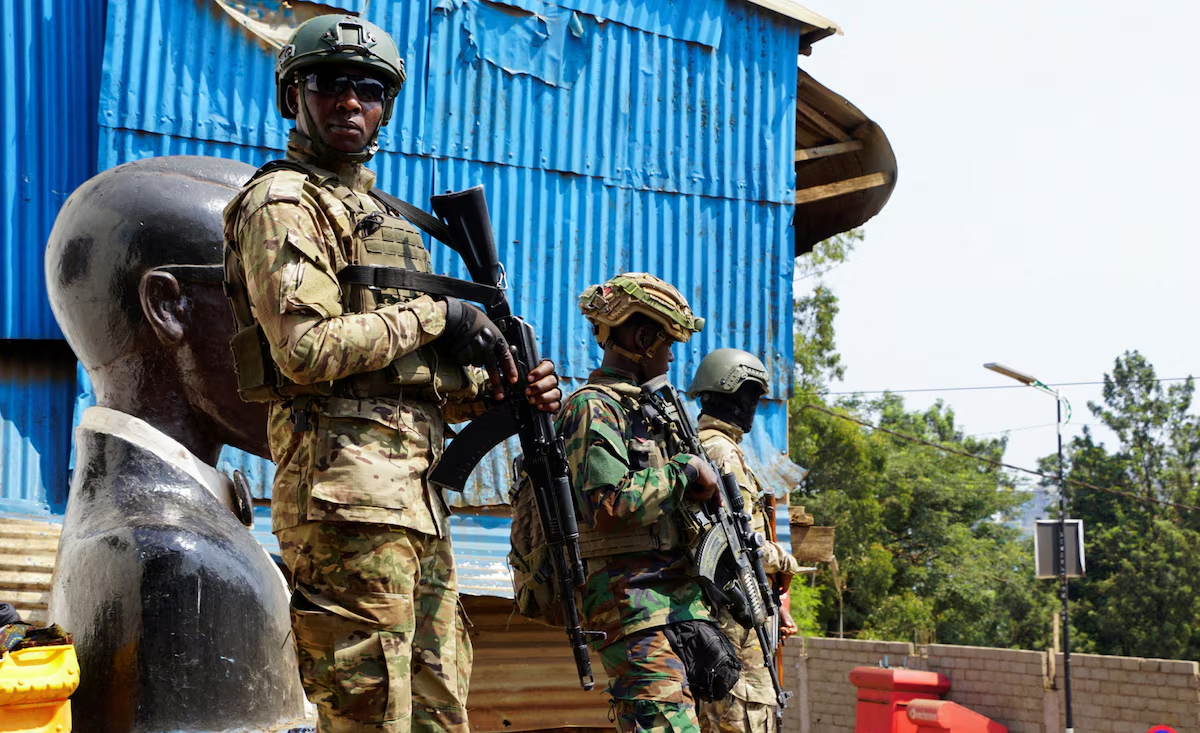
In a strategic move to revitalize stalled negotiations regarding the conflict in eastern Congo, a coalition of Southern and Eastern African nations has expanded a mediation team composed of former heads of state. This initiative aims to bring renewed attention to the protracted crisis, which has seen a resurgence of violence and instability in the region.
The situation intensified on Monday when the M23 rebel group reneged on its commitment to withdraw from the pivotal town of Walikale, citing the Congolese army's ongoing offensive operations as the impetus for their decision. This latest development underscores the fragile nature of ceasefire agreements and the complexities inherent in achieving lasting peace.
Rooted in the aftermath of the 1994 Rwandan genocide and fierce competition for access to mineral resources, the conflict has escalated significantly since M23 intensified its military operations in January. The group has since captured key urban centers in eastern Congo, with the violence resulting in thousands of casualties and raising concerns over a potential regional war.
Following a virtual summit on Monday, the Southern and Eastern African political blocs appointed five former presidents to guide the peace process. The newly appointed mediators include Nigeria’s Olusegun Obasanjo, South Africa’s Kgalema Motlanthe, Ethiopia’s Sahle-Work Zewde, Kenya’s Uhuru Kenyatta, and Central African Republic’s Catherine Samba Panza. The Congolese presidency indicated that this panel will nominate a mediator to succeed Angolan President Joao Lourenco, who stepped down from the role after years of ineffective negotiations aimed at easing tensions between Rwanda and Congo.
Amid ongoing accusations from Western countries that Rwanda has been supplying arms and troops to the M23 rebels, the Rwandan government has expressed its commitment to a political resolution, asserting that it seeks to address the security concerns of all involved parties. Rwanda maintains that its military actions are defensive in nature, aimed at countering threats posed by Congolese forces and allied militias.
Regional dialogue has seen crucial developments, with Congolese President Felix Tshisekedi and Rwandan President Paul Kagame engaging in direct talks in Qatar last week, where both leaders expressed support for a ceasefire. However, M23 has dismissed such appeals, insisting that only direct negotiations with the Congolese government can lead to a resolution.
In a further complication, a scheduled meeting in Angola aimed at fostering dialogue was derailed when M23 withdrew in response to new sanctions imposed by the European Union. The conflict has increasingly drawn in neighboring countries, with the armies of Congo, Rwanda, and Burundi all involved in the hostilities.
Burundi’s President Evariste Ndayishimiye, whose military has supported the Congolese army against M23, issued a stark warning about Rwanda’s intentions, claiming that the Rwandan government is plotting an attack on Burundi. Ndayishimiye emphasized the need for diplomatic engagement to resolve the escalating tension.
In response, Rwandan government spokesperson Yolande Makolo highlighted ongoing security discussions between Rwandan and Burundian officials, noting the cooperative efforts to secure their shared borders amidst rising regional tensions.



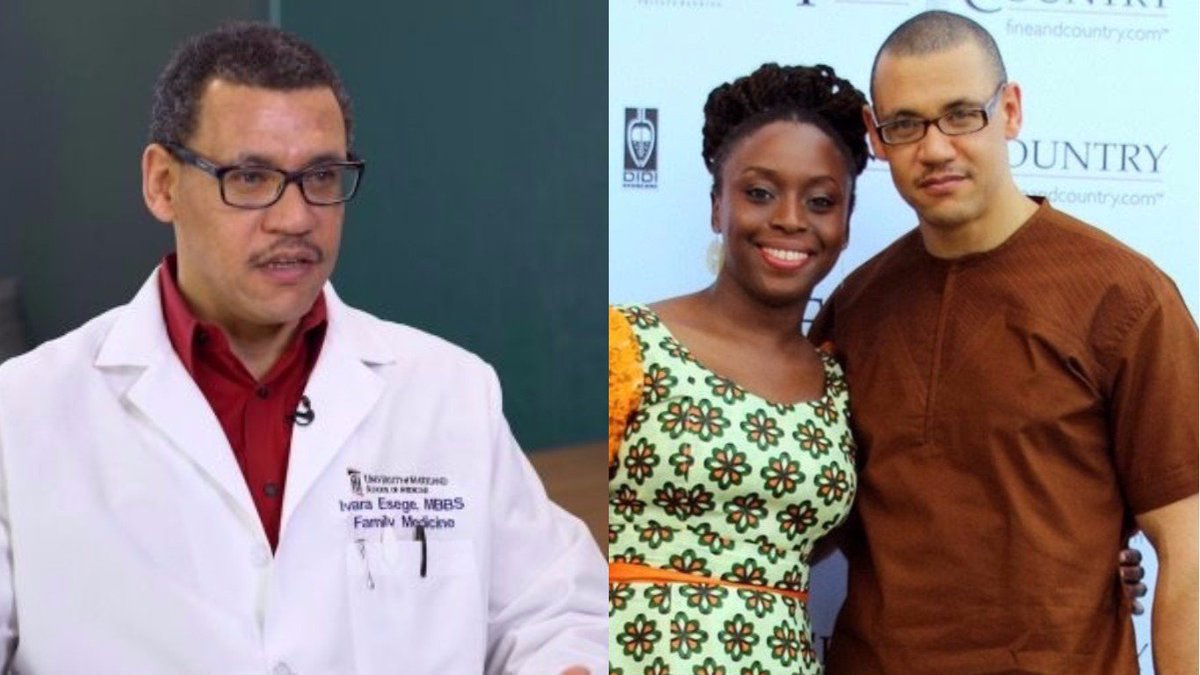
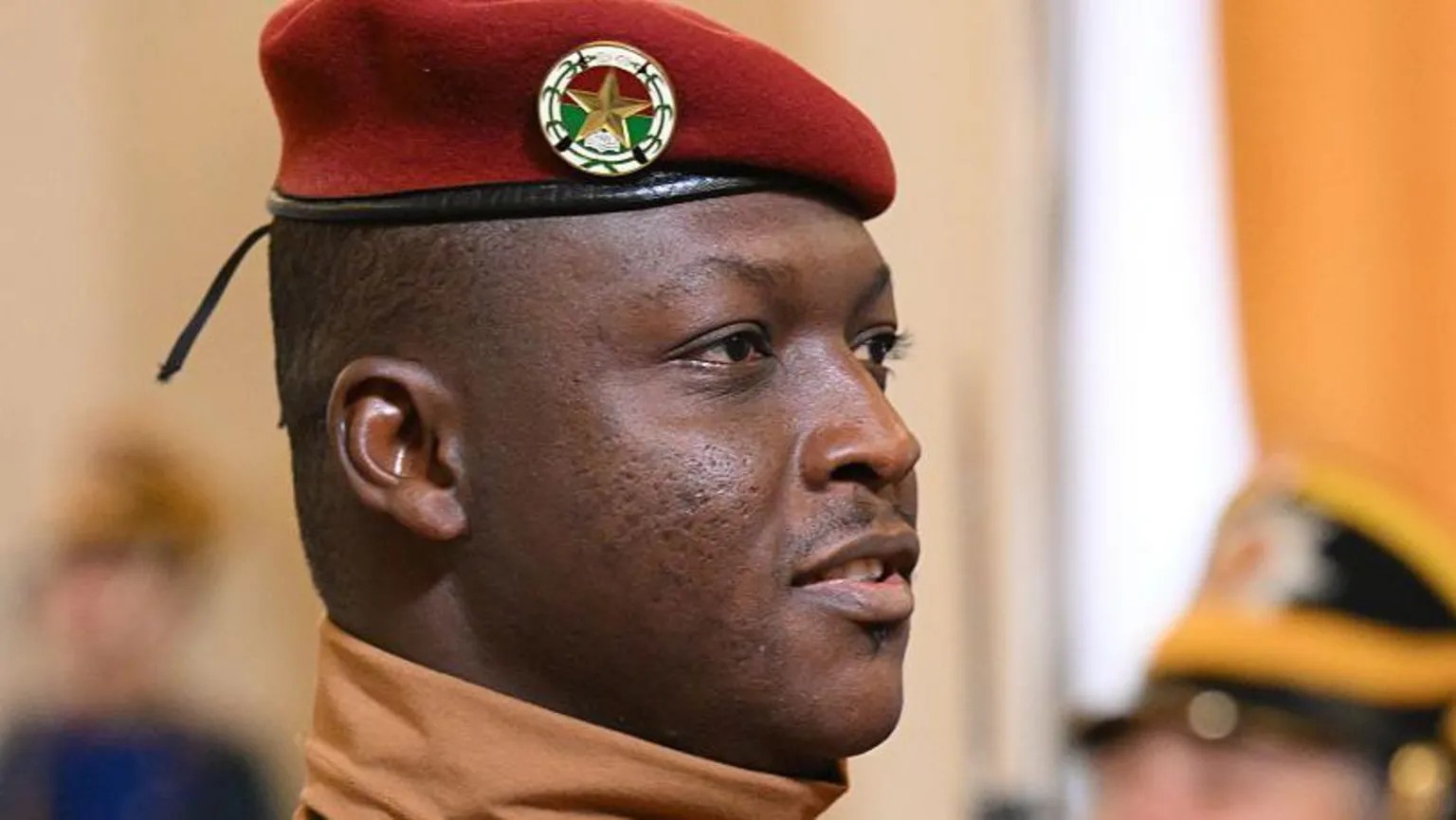
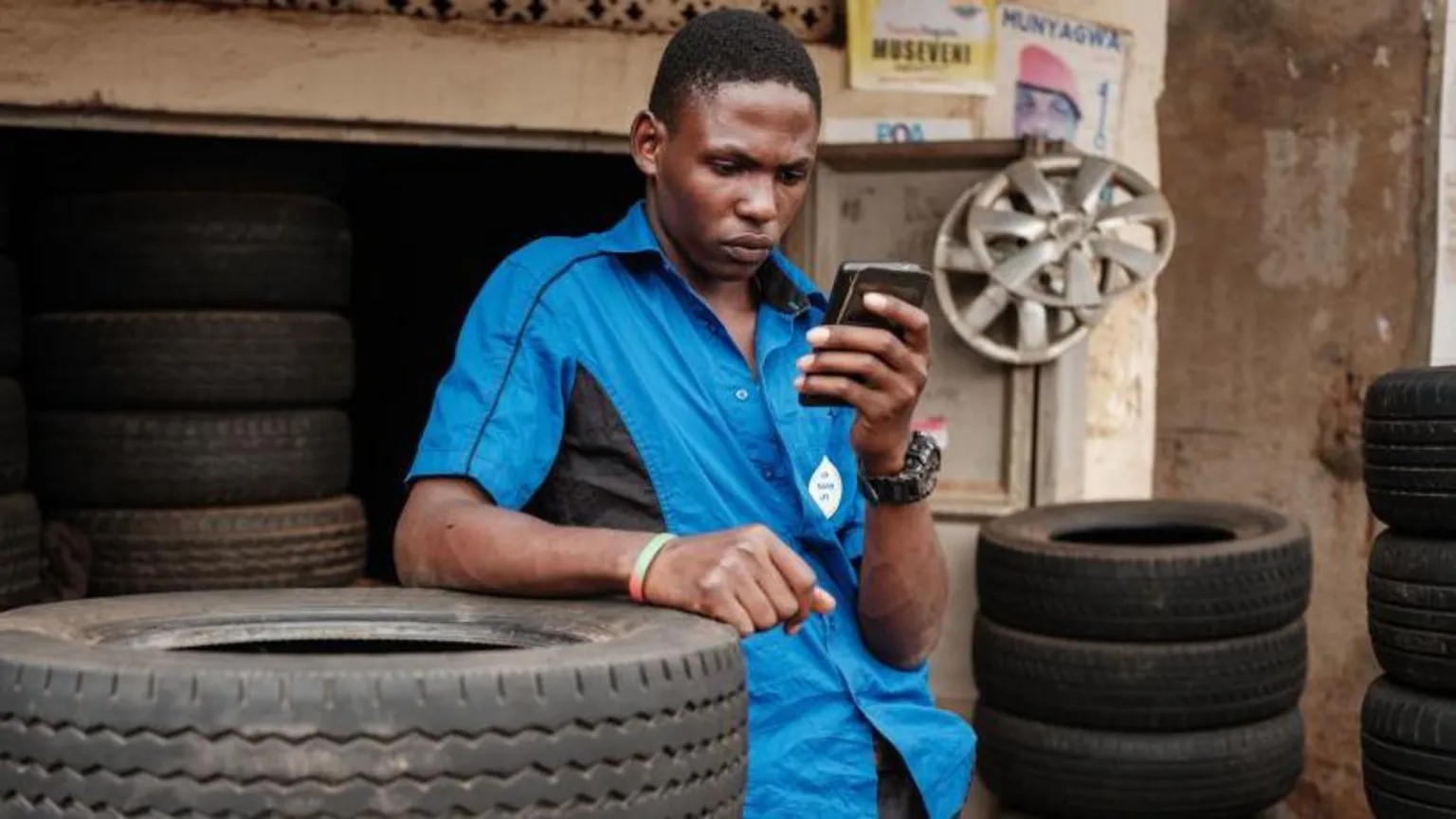
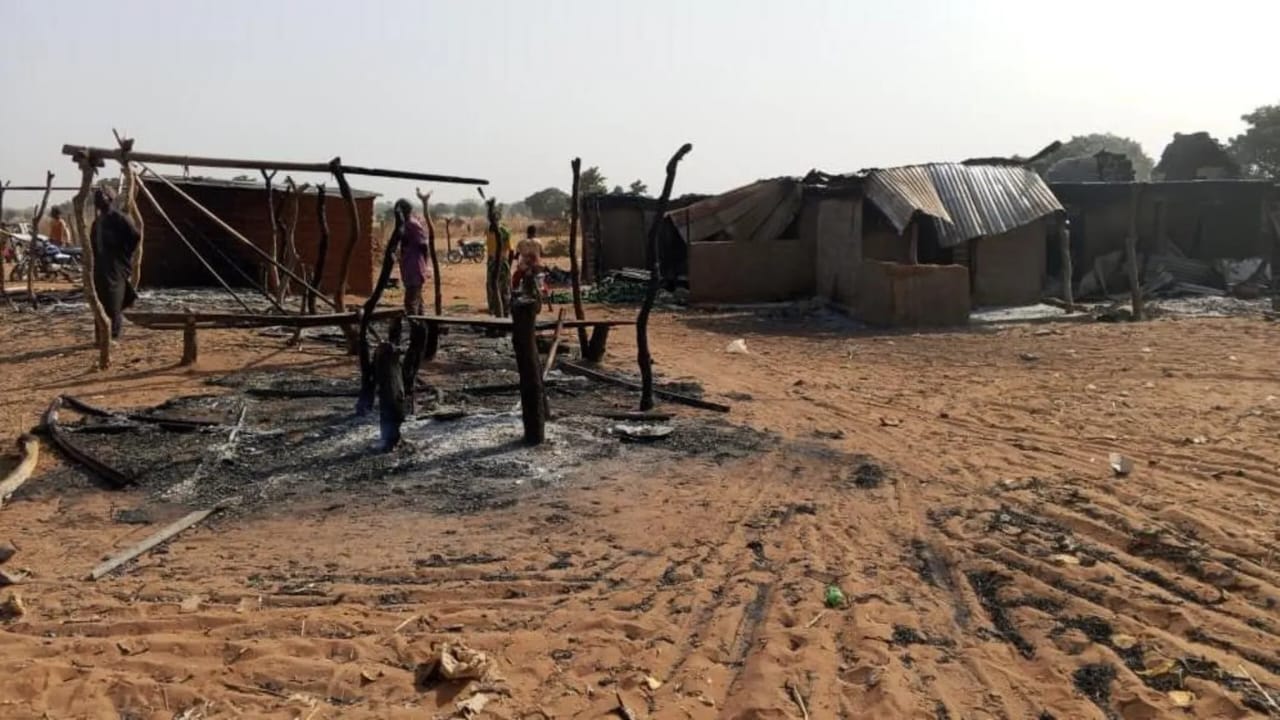
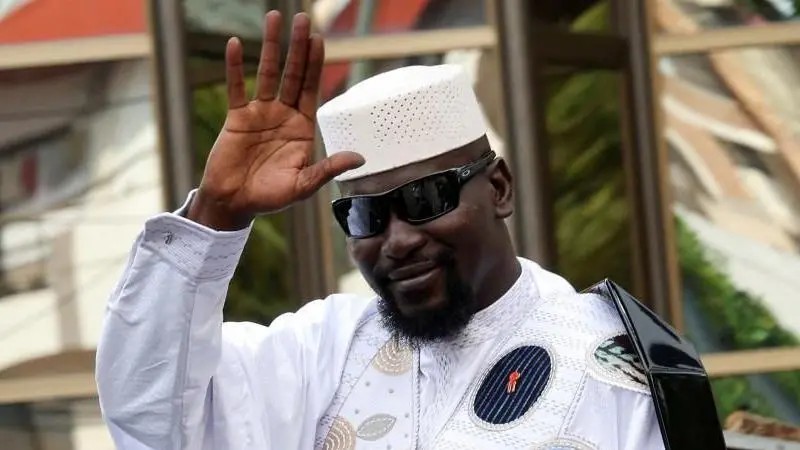
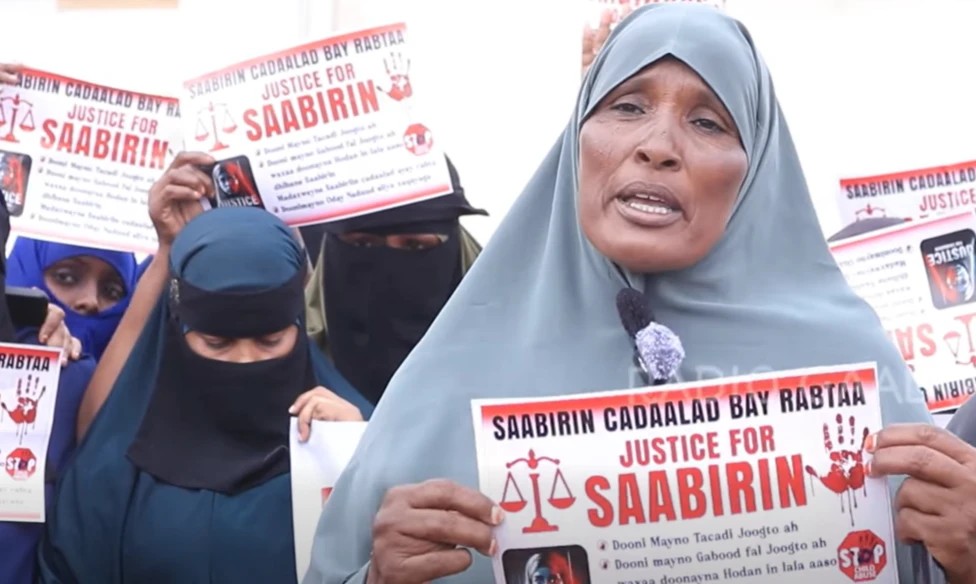
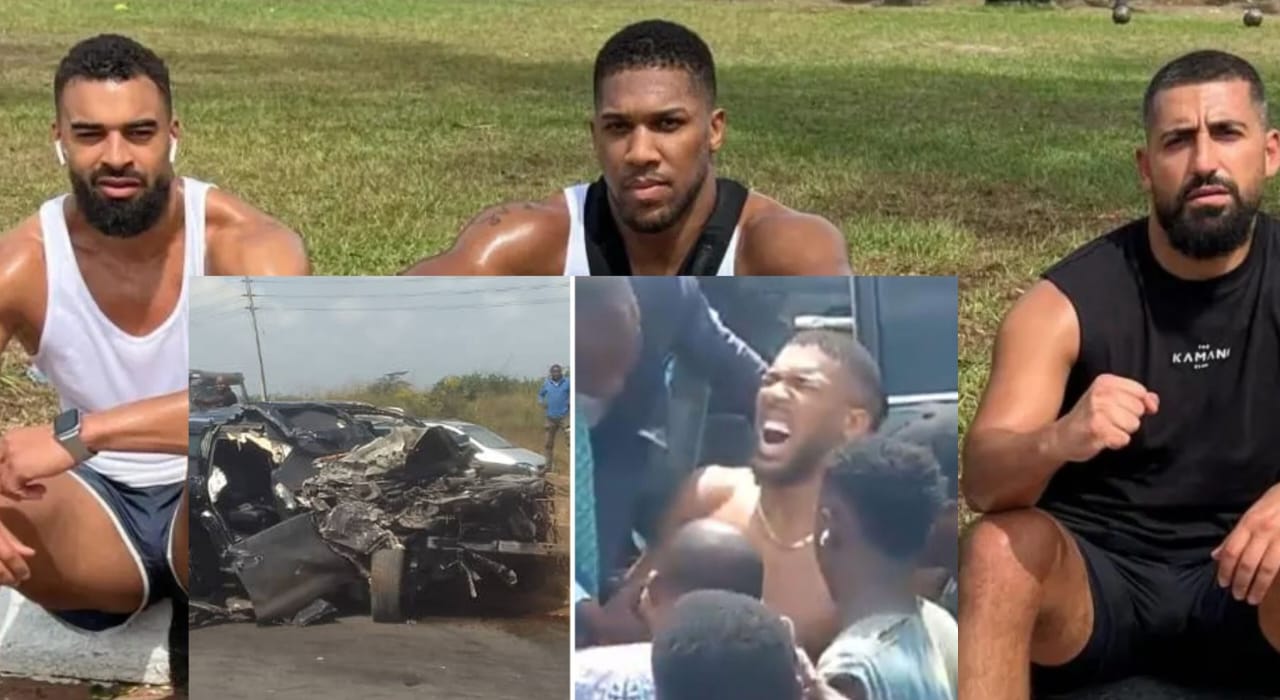
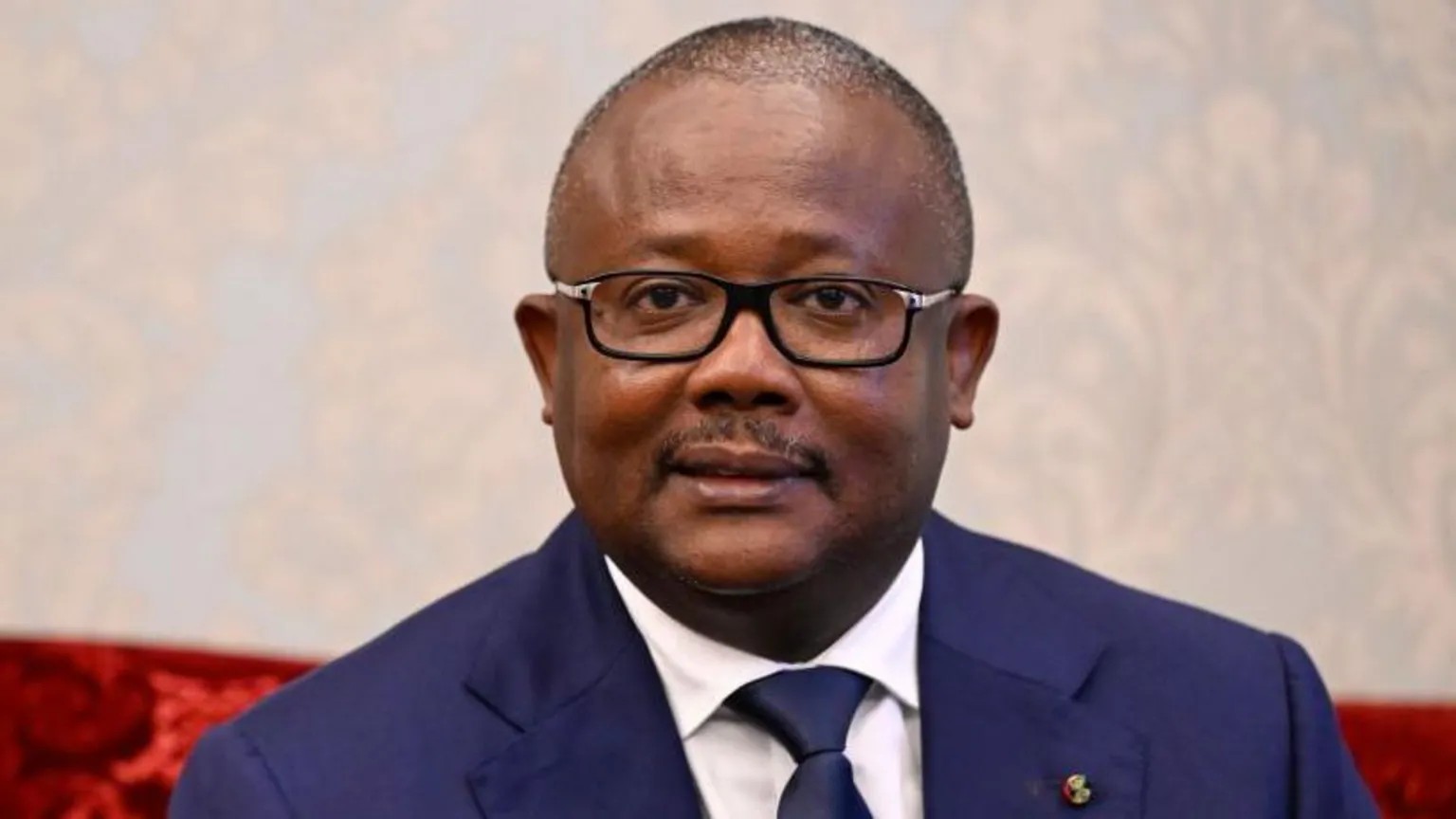
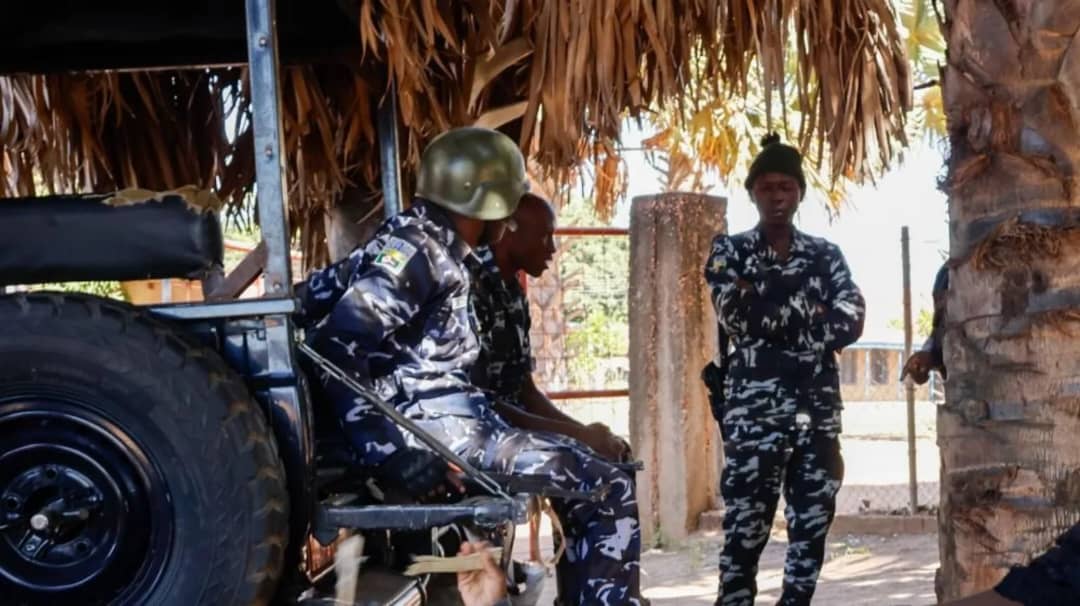
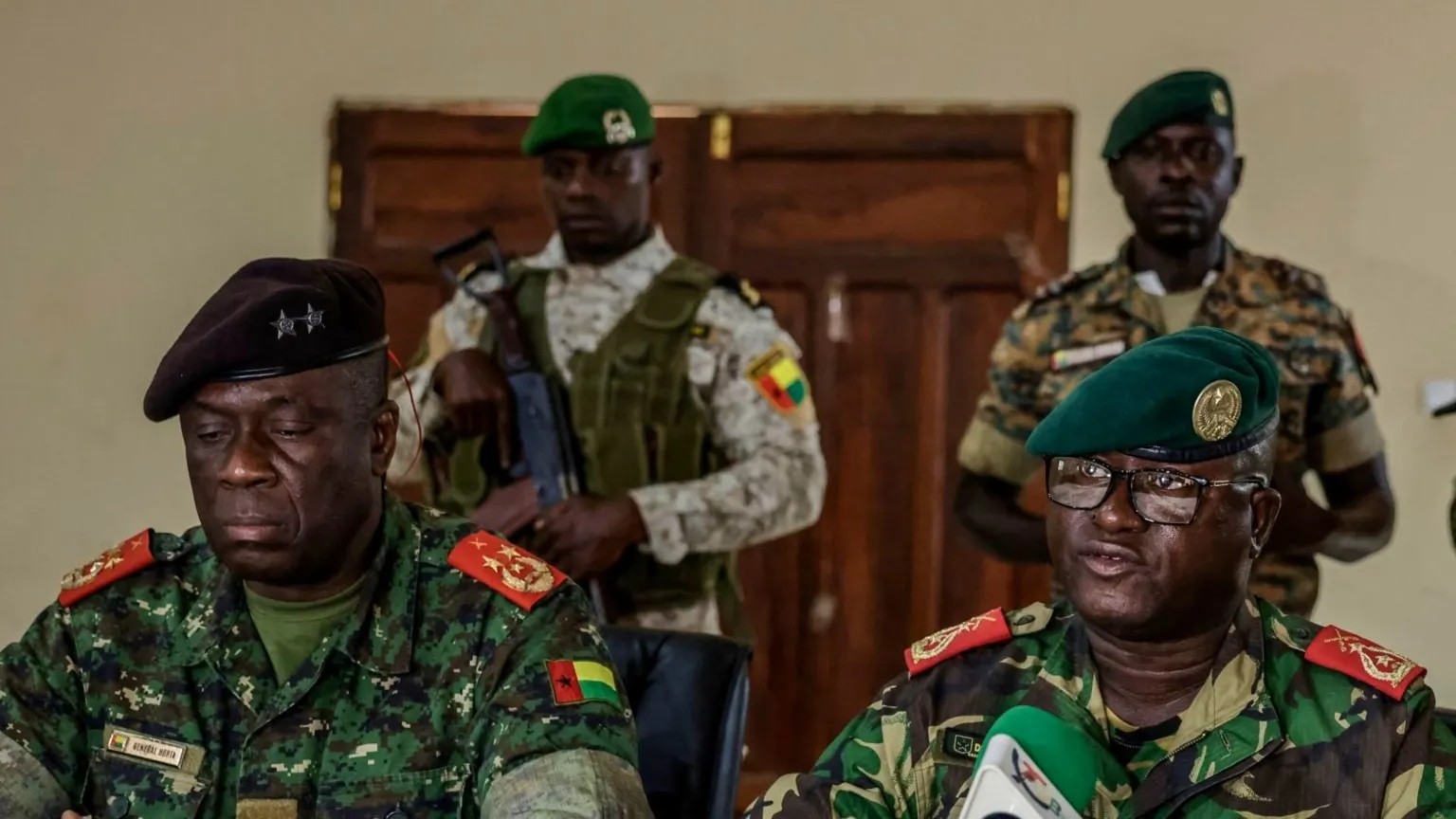
.jpg)
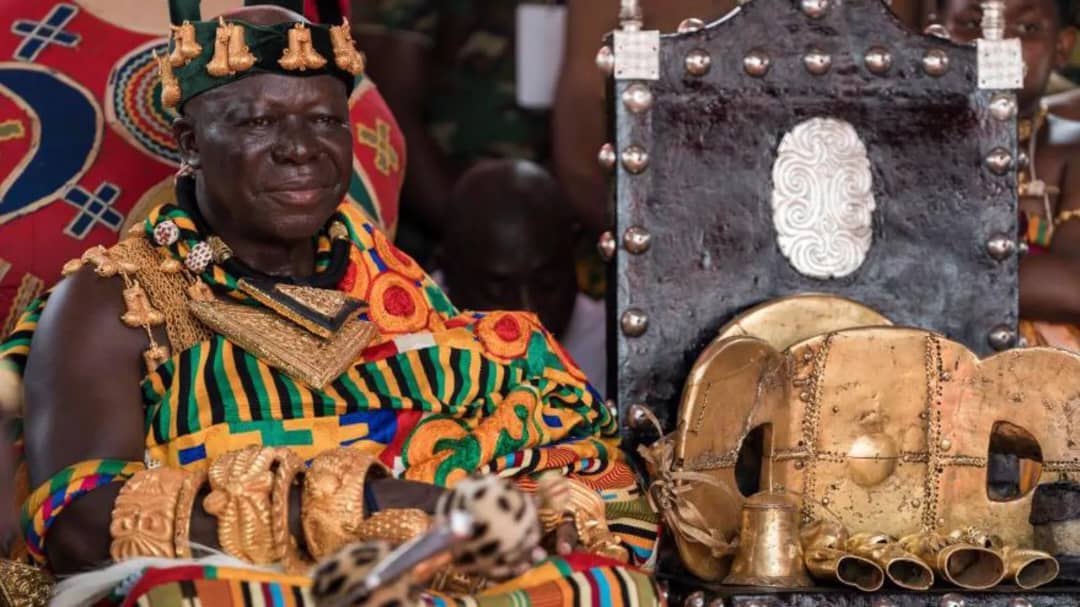

0 Comment(s)